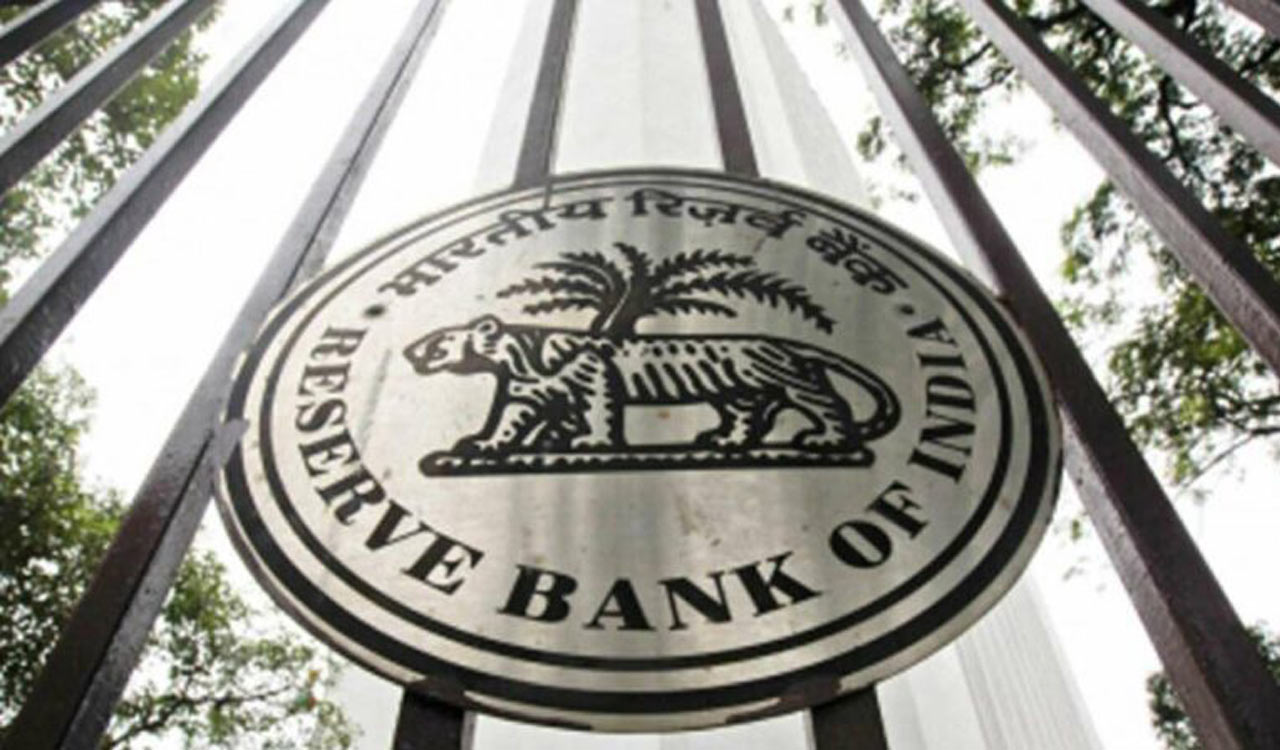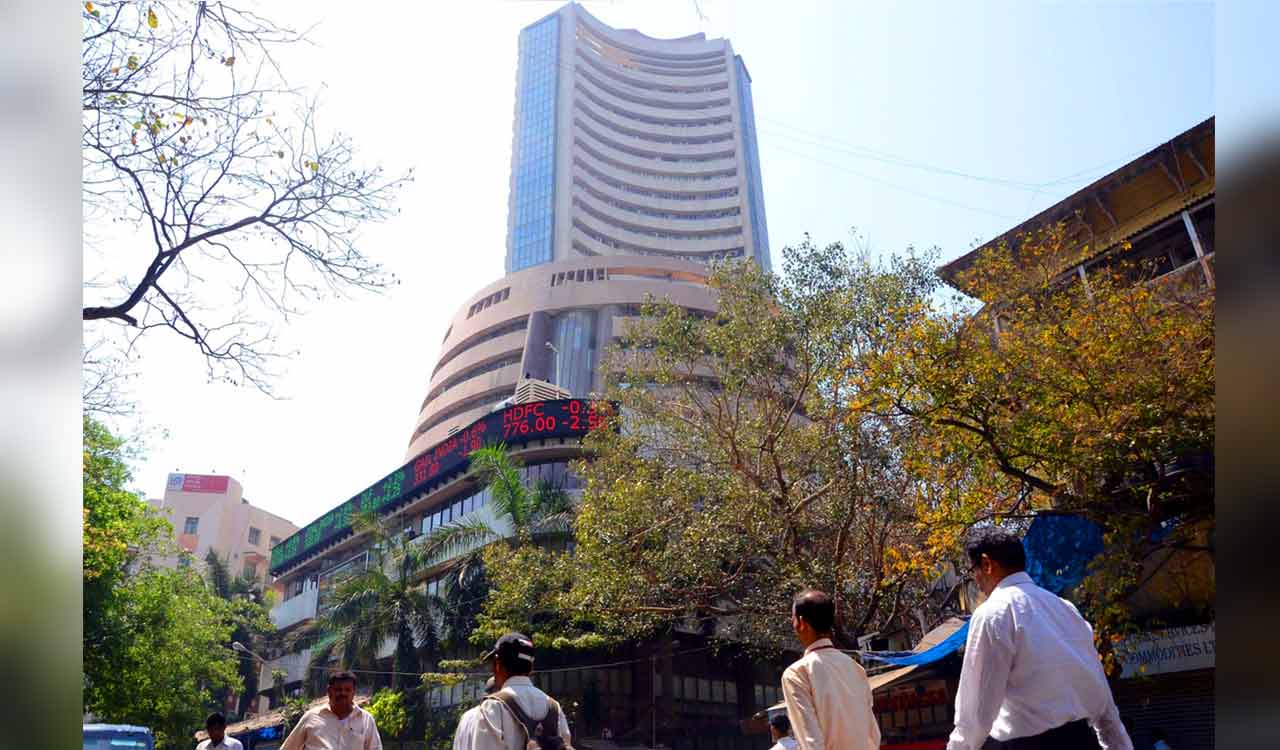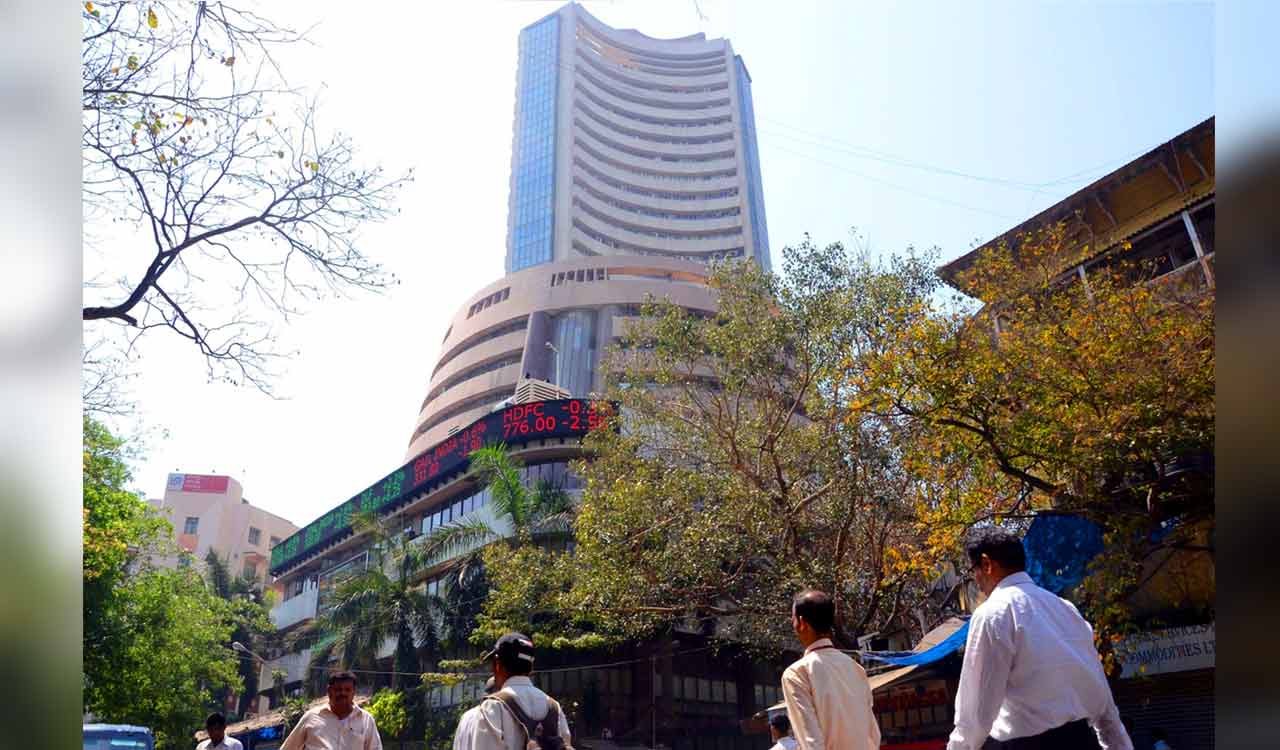Boeing has said that significant skilling of people to meet demand, rationalisation of fuel taxes and continued infrastructure investments will keep the growth going
Published Date – 02:00 PM, Sun – 10 September 23

Representational Image
New Delhi: Asserting that the Indian aviation sector’s growth fundamentals are strong, aircraft maker Boeing has said that significant skilling of people to meet demand, rationalisation of fuel taxes and continued infrastructure investments will keep the growth going.
Boeing, which has hundreds of aircraft on order from Indian carriers, has also announced various investments, including USD 100 million for training pilots in the country. Besides, it has maintenance training partnerships with partners for having enough skilled mechanics in India.
“We see no slowdown (in India) and we continue to see very high load factors, extremely high rates of profitability amongst the airlines and we see extremely strong demand for aeroplanes as we have seen in some of the largest orders ever placed in the world.
“Overall, we see that demand grows. We are also seeing significant advancements in infrastructure as new terminals come up… new greenfield airports come up…That is going to be a boon to Indian aviation,” Boeing India President Salil Gupte told PTI in a recent interview.
For many many years, he said all were expecting to see the significant growth in Indian aviation and it is now occurring in a very real way. India is one of the fastest growing civil aviation markets in the world and Indian carriers have around 1,500 planes on order. Earlier this year, Air India placed an order for 470 aircraft, including 220 planes from Boeing.
Indian carriers are expected to require more than 2,200 aircraft in the next 20 years. In order to tap the growth opportunities, Gupte said a few ingredients need to be put in place, including ensuring that there are enough pilots and mechanics to fly all these aeroplanes.
“That is going to require significant skilling, it is going to require us to train 37,000 pilots and 38,000 mechanics over the next 20 years. That is one reason why Boeing has announced a USD 100 million investment in pilot training, which includes infrastructure and curriculum… in India to ensure that we are doing our part to skill those pilots.
“This is also the reason why we are entering into maintenance training partnerships among our partners to ensure that we have enough skilled mechanics in India as well,” he said.
Further, Gupte noted that rationalisation of fuel taxes must continue.
“There has been a good progress made with states in the last few years but we need to continue to make that progress, especially in some larger states, so that the rate of taxation of jet fuel can come down closer to the global level.
“Right now, the cost of fuel for Indian airlines is far higher than many airlines outside India. That needs to be done to tap the growth as well. Then the continued investments in infrastructure,” he said.
Gupte spoke to PTI on the sidelines of an aerospace conference recently held in Gwalior. India’s domestic air passenger traffic is projected to grow further in the current fiscal.
Credit rating agency Icra, this month, said that after the fast-paced recovery in FY2023, the growth in domestic air passenger traffic is projected to be 8-13 per cent and touch 150-155 million in the current financial year. In FY20, before the coronavirus pandemic, the traffic was at 141.2 million passengers.
Against the backdrop of supply chain woes impacting the aviation industry, including resulting in delayed aircraft deliveries in some cases, Gupte said the supply chain situation is “certainly healing” and definitely getting better.
On February 14, it was announced tha Air India will purchase 220 planes from Boeing for USD 34 billion and there is also an option to buy 70 more aircraft.
Air India will purchase 190 B737 MAX, 20 B787, and 10 B777X valued at USD 34 billion at list price. The deal will also include customer options for an additional 50 Boeing 737 MAX and 20 Boeing 787, totalling 290 airplanes for a total of USD 45.9 billion at list price.





















